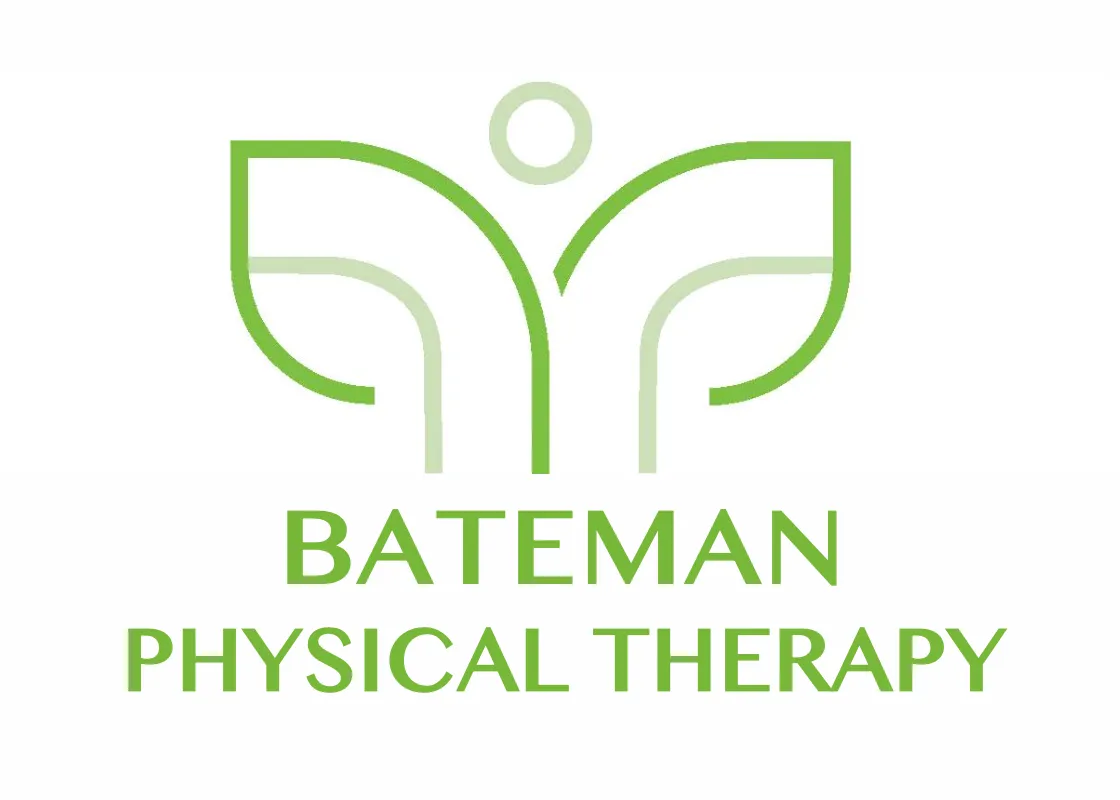Plantar Fasciitis in San Ramon
Understanding Plantar Fasciitis

What is Plantar Fasciitis?
Plantar Fasciitis is a common problem that can cause pain in your feet. It happens when a part of your foot called the plantar fascia gets irritated and inflamed. The plantar fascia is a long, thick band of tissue that runs along the bottom of your foot.
Who Gets Plantar Fasciitis?
Plantar Fasciitis can happen to anyone, but it’s more common in adults. You might be at a higher risk if you:
Are on your feet a lot: People who stand or walk for long periods are more likely to get it.
Wear shoes with poor support: Shoes without proper cushioning and arch support can contribute to the problem.
Have certain foot types: High arches or flat feet can increase the risk of Plantar Fasciitis.
Are overweight: Extra weight can put more stress on your feet and make it more likely to occur.
How Do You Know If You Have Plantar Fasciitis?
Here are some signs and symptoms to look out for:
Heel Pain: The most common symptom is pain in the bottom of your heel. It can be sharp or dull and usually hurts the most in the morning when you take your first steps.
Stiffness: Your foot may feel stiff, making it difficult to walk or stand, especially after sitting for a while.
Swelling: Some people may notice swelling in the bottom of their foot.
What Causes Plantar Fasciitis?
The exact cause of Plantar Fasciitis isn’t always clear, but there are some common reasons it can happen:
Overuse: Doing activities that put a lot of stress on your feet, like running or dancing, can strain the plantar fascia over time.
Poor Footwear: Wearing shoes with little support or shoes that don’t fit properly can increase your risk.
Age: Plantar Fasciitis is more common as you get older because the plantar fascia can become less flexible over time.
How Can Plantar Fasciitis Be Treated?
The good news is that Plantar Fasciitis can often be treated without surgery. Here are some ways to help relieve the pain:
1. Rest and Ice
- Rest your foot as much as possible and avoid activities that make the pain worse.
- Apply ice to the sore area for 15-20 minutes at a time, several times a day.
2. Stretching Exercises
- Gentle stretching exercises for your calf and Achilles tendon can help ease the tension in your plantar fascia.
3. Supportive Shoes
- Wear shoes with good arch support and cushioning. Orthotic inserts can also be helpful.
4. Medications
- Over-the-counter pain relievers like ibuprofen can reduce pain and inflammation.
5. Physical Therapy
- A physical therapist can teach you exercises and techniques to improve your foot strength and flexibility.
6. Night Splints
- Using night splints can help keep your plantar fascia stretched while you sleep.
7. Steroid Injections
- In some cases, a doctor may recommend a corticosteroid injection to reduce inflammation.
How Can You Prevent Plantar Fasciitis?
Preventing Plantar Fasciitis is better than treating it. Here are some tips to help keep your feet healthy:
Wear the Right Shoes: Choose shoes that fit well and provide good support for your arches.
Warm-Up and Stretch: Before exercising, warm up and stretch your calf muscles and Achilles tendon.
Maintain a Healthy Weight: If you’re overweight, losing weight can reduce the stress on your feet.
Limit High-Impact Activities: If you do a lot of running or jumping, try to mix in lower-impact exercises like swimming or cycling.
Looking to Treat Plantar Fasciitis?
In conclusion, Plantar Fasciitis is a common condition that can cause heel pain and discomfort. However, with proper treatment and prevention strategies, you can manage the pain and get back to your normal activities. If you suspect you have Plantar Fasciitis or have persistent foot pain, it’s essential to consult with a healthcare professional for a proper diagnosis and personalized treatment plan. Remember, taking care of your feet is essential for a healthy and active lifestyle!



